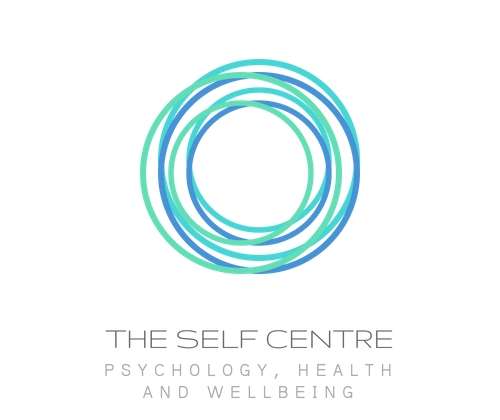
Helping teenagers build resilience
by Lyndsay Babcock
Principal Psychologist & Director
It is not new news that many of our teens are experiencing anxiety, depression, stress and more. And while it is crucial that our children develop self-awareness and langue to be able to identify when they are struggling, it is even more important that we begin to have regular conversations with our teens about building resilience, not just about the struggle they experience.
Resilience, in essence, is the ability to bounce back from adversity, to navigate life’s challenges with strength and adaptability. In a world that can often be unpredictable and demanding, fostering resilience in teenagers is paramount for their well-being and future success.
So, how do we go about nurturing this essential trait in our teens? Let’s explore some evidence-based strategies that can empower teenagers to develop resilience in the face of life’s trials:
Promote a Supportive Environment: Research consistently shows that a strong support network is fundamental to resilience. Encourage open communication within the family unit, where teenagers feel safe to express their thoughts and emotions without fear of judgement. Foster positive relationships with peers, teachers, and other trusted adults. A supportive environment provides a safety net during tough times, reinforcing the message that they’re not alone in their struggles.
Encourage Problem-Solving Skills: Resilient individuals possess strong problem-solving abilities, enabling them to tackle challenges head-on. Encourage teenagers to approach problems with a solution-focused mindset. Teach them how to break down problems into manageable steps, brainstorm potential solutions, and evaluate the effectiveness of each option. By empowering teens to take an active role in problem-solving, you equip them with invaluable skills for navigating life’s obstacles.
Develop Emotional Regulation Techniques: Adolescence is a time of heightened emotions, and learning to regulate these emotions is crucial for resilience. Teach teenagers practical techniques for managing stress and anxiety, such as deep breathing exercises, progressive muscle relaxation, and mindfulness meditation. By helping teens develop these coping strategies, they can better navigate the ups and downs of life while maintaining emotional stability.
Encourage Positive Thinking Patterns: Resilient individuals possess a positive outlook, even in the face of adversity. Encourage teenagers to cultivate a growth mindset, where setbacks are viewed as opportunities for learning and growth rather than insurmountable obstacles. Challenge negative self-talk by helping teens reframe their thoughts in a more positive and realistic light. By fostering optimism and resilience, you empower teens to approach challenges with confidence and determination.
Promote Healthy Lifestyle Habits: Physical health and mental well-being are intricately linked, and maintaining a healthy lifestyle is essential for resilience. Encourage teenagers to prioritise regular exercise, adequate sleep, and nutritious eating habits. Physical activity releases endorphins, which can boost mood and reduce stress, while proper sleep and nutrition provide the foundation for overall well-being. By supporting teens in maintaining healthy habits, you equip them with the energy and resilience needed to navigate life’s challenges.
Provide Opportunities for Mastery and Achievement: Research suggests that experiencing success and mastery in various domains can enhance resilience. Encourage teenagers to pursue activities they’re passionate about and set achievable goals. Whether it’s academic achievements, extracurricular pursuits, or personal hobbies, providing opportunities for teens to experience success builds confidence and resilience.
Model Resilient Behaviour: As adults, we serve as powerful role models for teenagers. Demonstrating resilience in our own lives sends a powerful message to teens about how to navigate challenges effectively. Share personal stories of overcoming adversity, highlighting the strategies and coping mechanisms you employed. By modelling resilience, you provide teens with real-life examples of how to bounce back from setbacks and emerge stronger than before.
Building resilience in teenagers is a multifaceted process that requires nurturing a supportive environment, fostering problem-solving skills, promoting emotional regulation techniques, encouraging positive thinking patterns, prioritising healthy lifestyle habits, providing opportunities for mastery and achievement, and modelling resilient behaviour. We can empower teenagers to navigate life’s challenges with strength, resilience, and optimism rather than just focusing on their distress.
Remember, resilience is not about avoiding adversity altogether, but rather about developing the skills and mindset to overcome it.
At The Self Centre our Psychologists support teens to develop good mental health and resilience. If someone you care about needs support, don’t hesitate to reach out.
